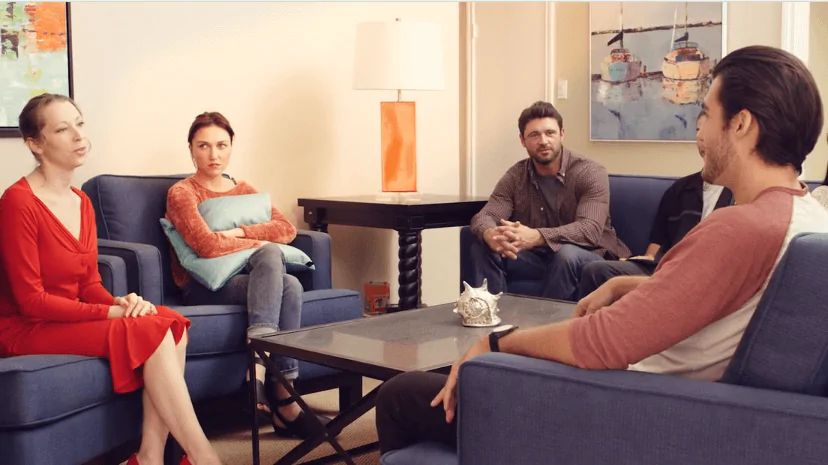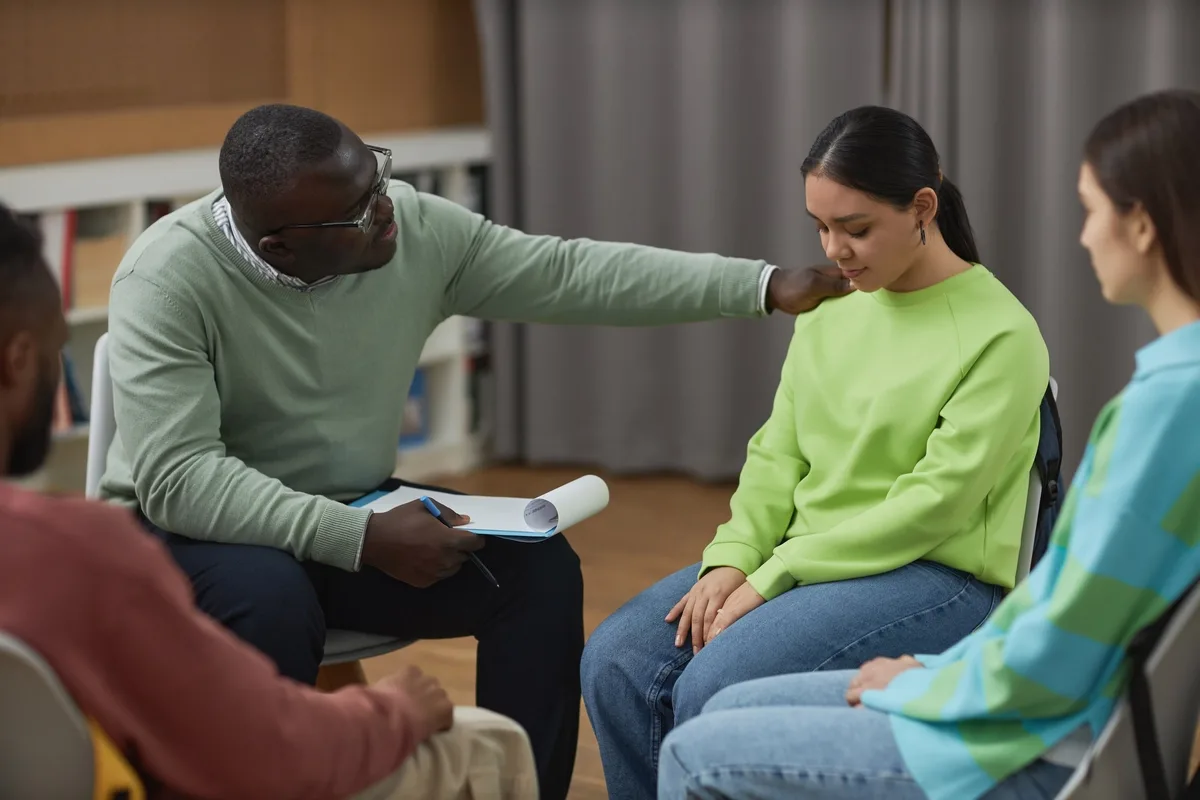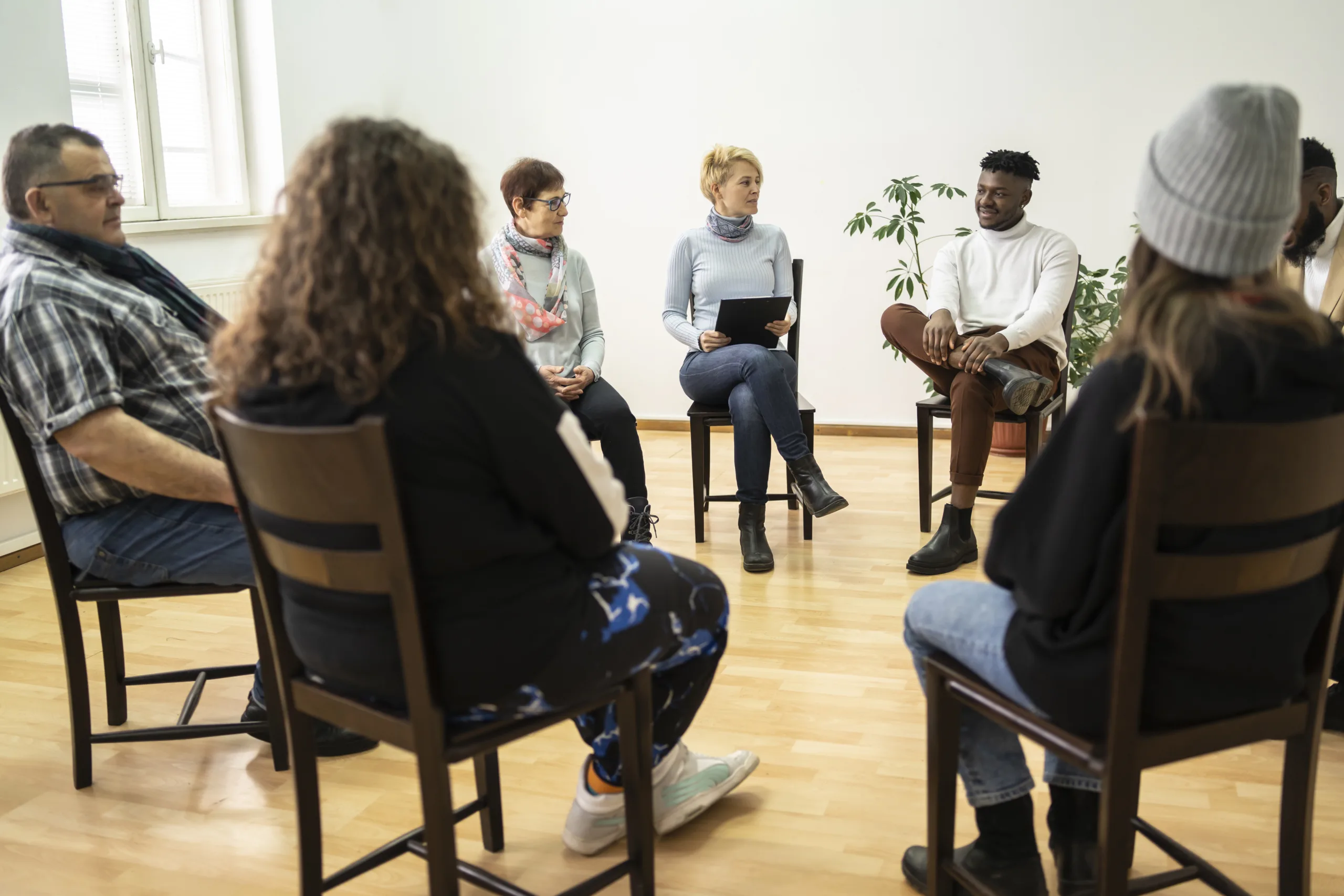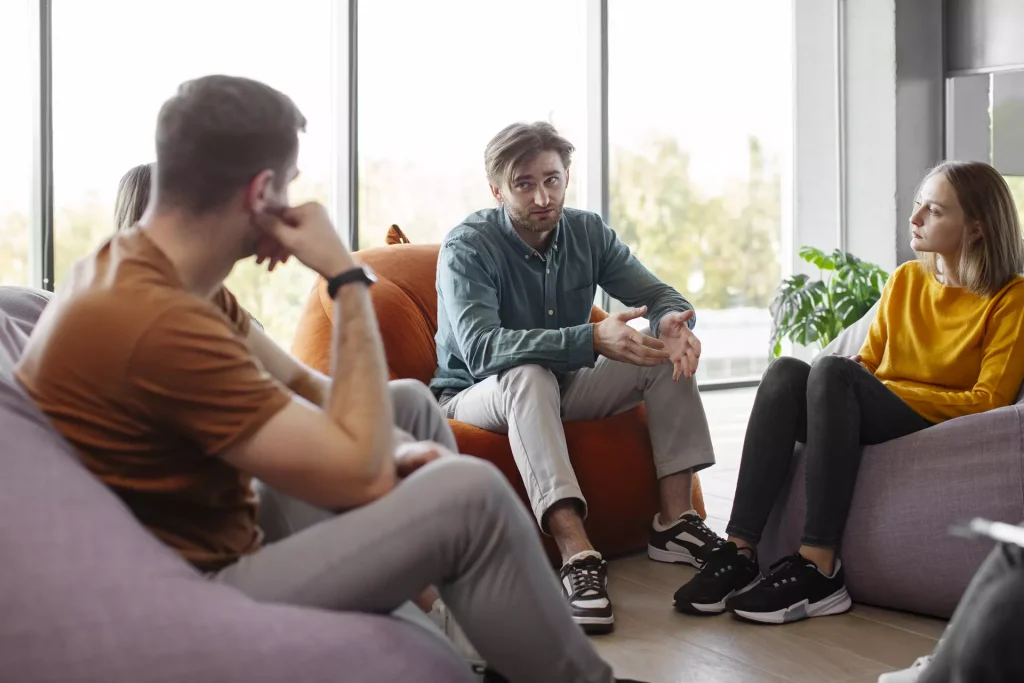24/7 Helpline:
(866) 899-221924/7 Helpline:
(866) 899-2219
Learn more about Residential Rehab centers in Baraga County
Residential Rehab in Other Counties

Other Insurance Options

Optima

United Health Care

Health Choice

Excellus

Access to Recovery (ATR) Voucher

Ambetter

BlueCross

Choice Care Network

Highmark

Sliding scale payment assistance

Lucent

Covered California

WellPoint

MVP Healthcare

Holman Group

UMR

Medical Mutual of Ohio

Amerigroup

BlueShield

Ceridian

Keweenaw Bay Indian Community – New Day Treatment Center
Keweenaw Bay Indian Community – New Day Treatment Center is a public rehab located in Lanse, Michiga...















Keweenaw Bay Indian Community Substance Abuse Programs – KBICSAP
Keweenaw Bay Indian Community Substance Abuse Programs (KBICSAP) is a state licensed facility that o...

Copper Country Community Mental Health Services
Copper Country Community Mental Health Services is located in L'anse, Michigan. Copper Country Commu...















